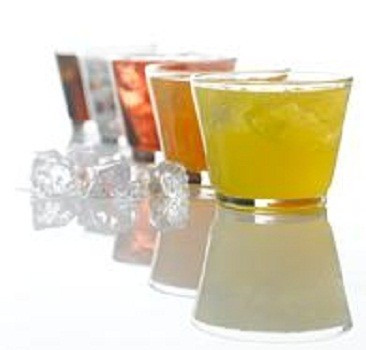Sweetened Soft Drinks Linked to Premature Birth

Artificially sweetened soft drinks could play a role in causing premature birth, researchers from the Norwegian Institute of Public Health, Sahlgrenska University Hospital and Sahlgrenska Academy in Gothenburg have found.
They claim that the discovery could help prevent preterm birth, which is a major cause of early maternal death, disease in infancy and childhood, and long-term disability.
Artificially sweetened soft drinks, rather than sugar-sweetened soft drinks, were most clearly associated with the risk of preterm birth.
The discovery was based on analysis of data from the Norwegian Mother and Child Cohort Study (MoBa).
As part of the study, 60,761 pregnant women were asked to complete three questionnaires about their lifestyle and diet during pregnancy.
The study found that women who drank more than one daily serving of sugar or artificially sweetened drinks, ran a higher risk of premature delivery (before week 37 in pregnancy).
According to the Centre for Disease Control and Prevention, more than 500,000 babies are affected by preterm birth every year.
Preterm birth is the most frequent cause of infant death and the primary reason for long-term neurological disabilities in children.
Researchers also found that women who consume the most sugar and artificially sweetened drinks are more likely to have a higher body mass index, be less well educated, to be regular smokers or to be single.
The statistical analysis adjusted for the possibility that factors more common among those consuming soft drinks, such as smoking, young age and high body mass index could explain preterm birth, but other similar factors could also be involved.
Although the study has identified a link between artificially sweetened drinks and preterm delivery, researchers cannot say that artificial sweeteners are the only cause of preterm birth.
Researchers claim that further studies are needed to establish the link between artifically sweetened drinks and premature birth.
© Copyright IBTimes 2025. All rights reserved.



















